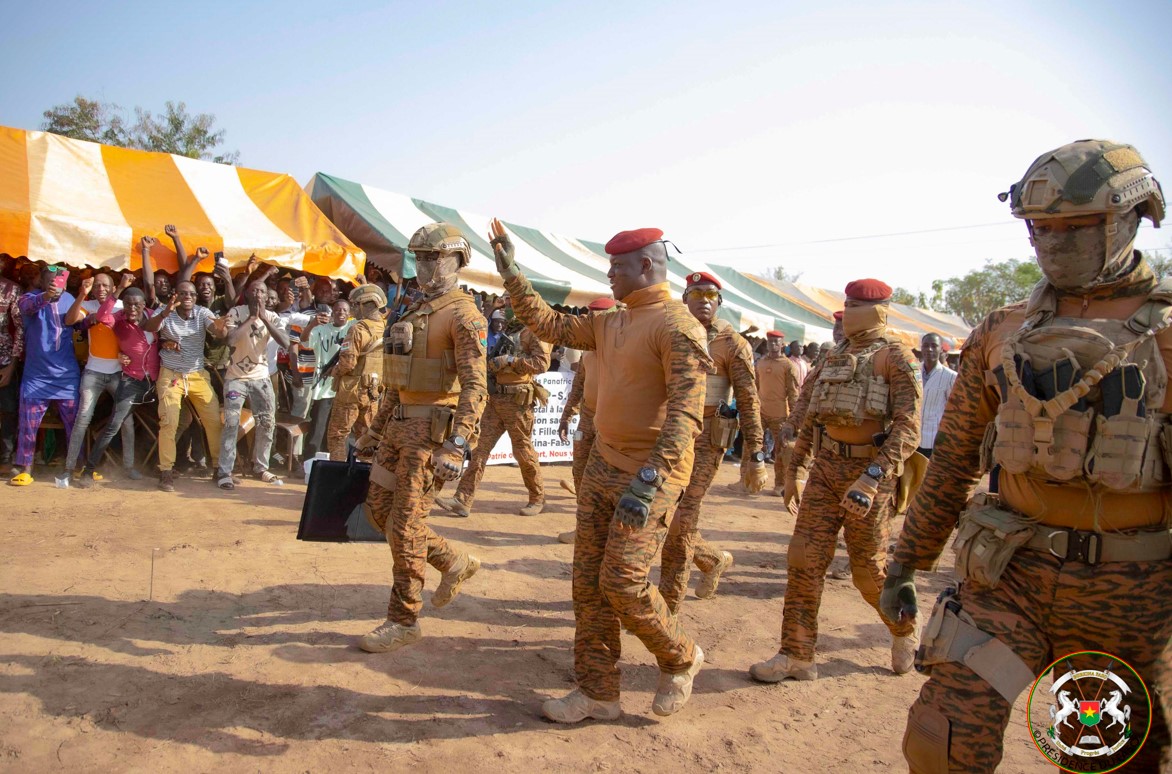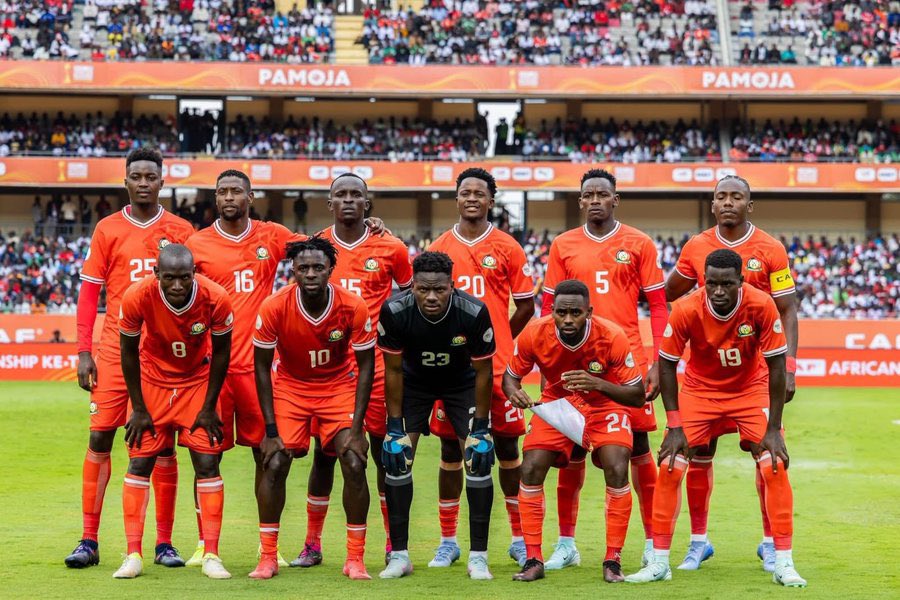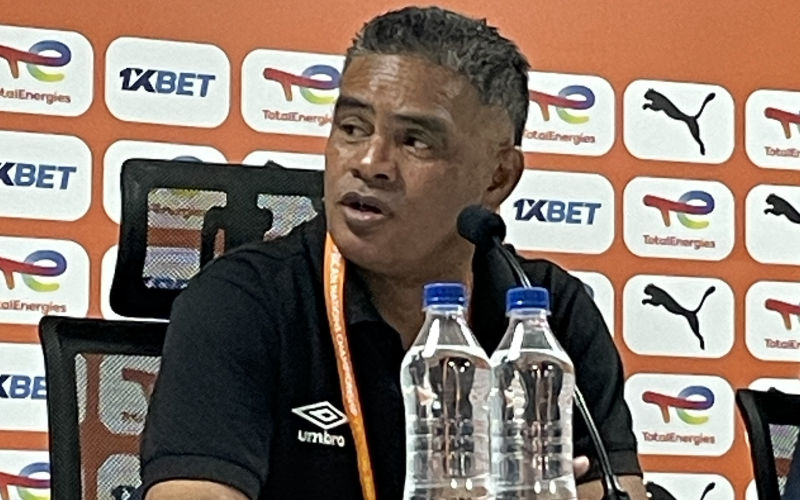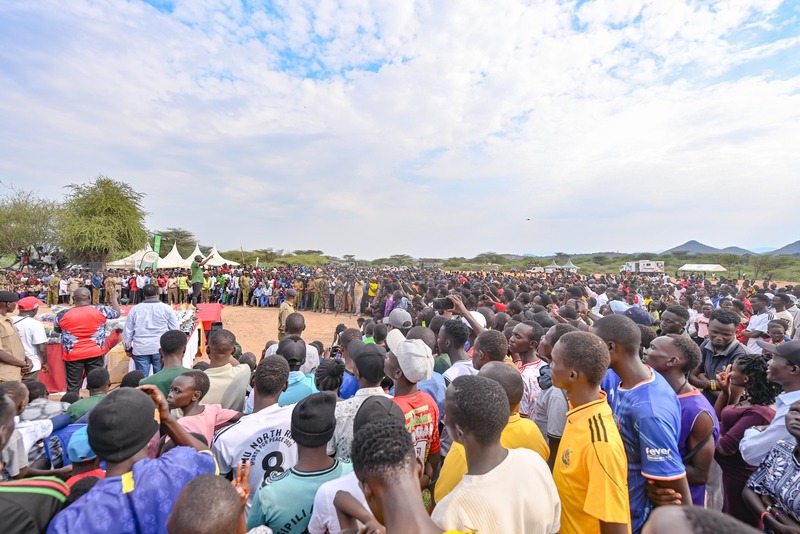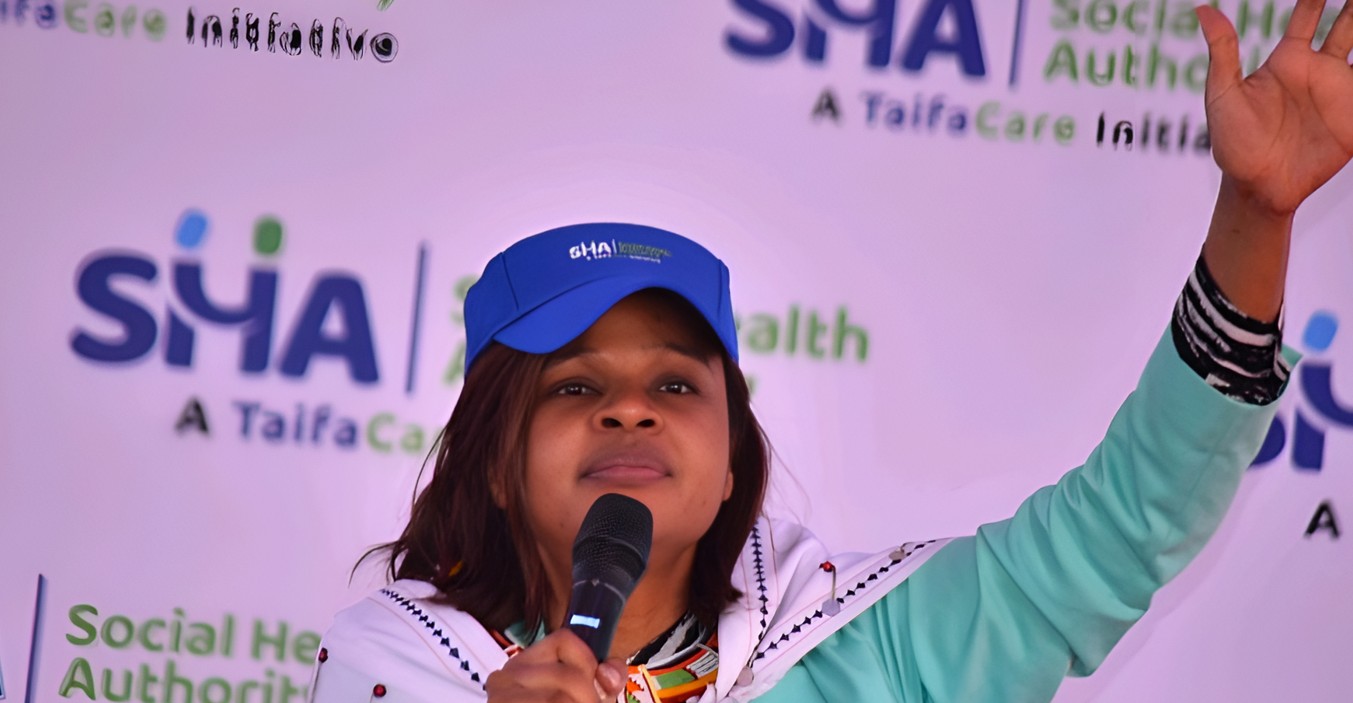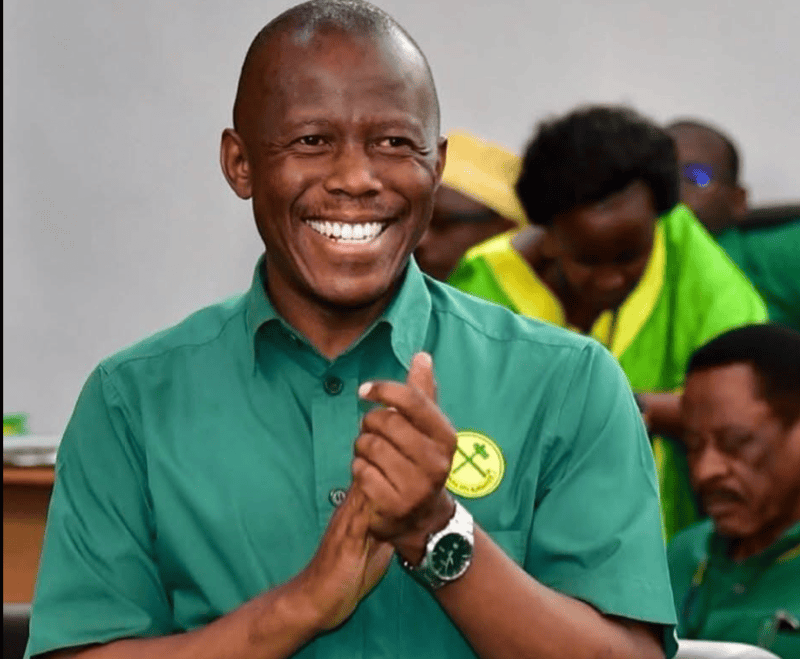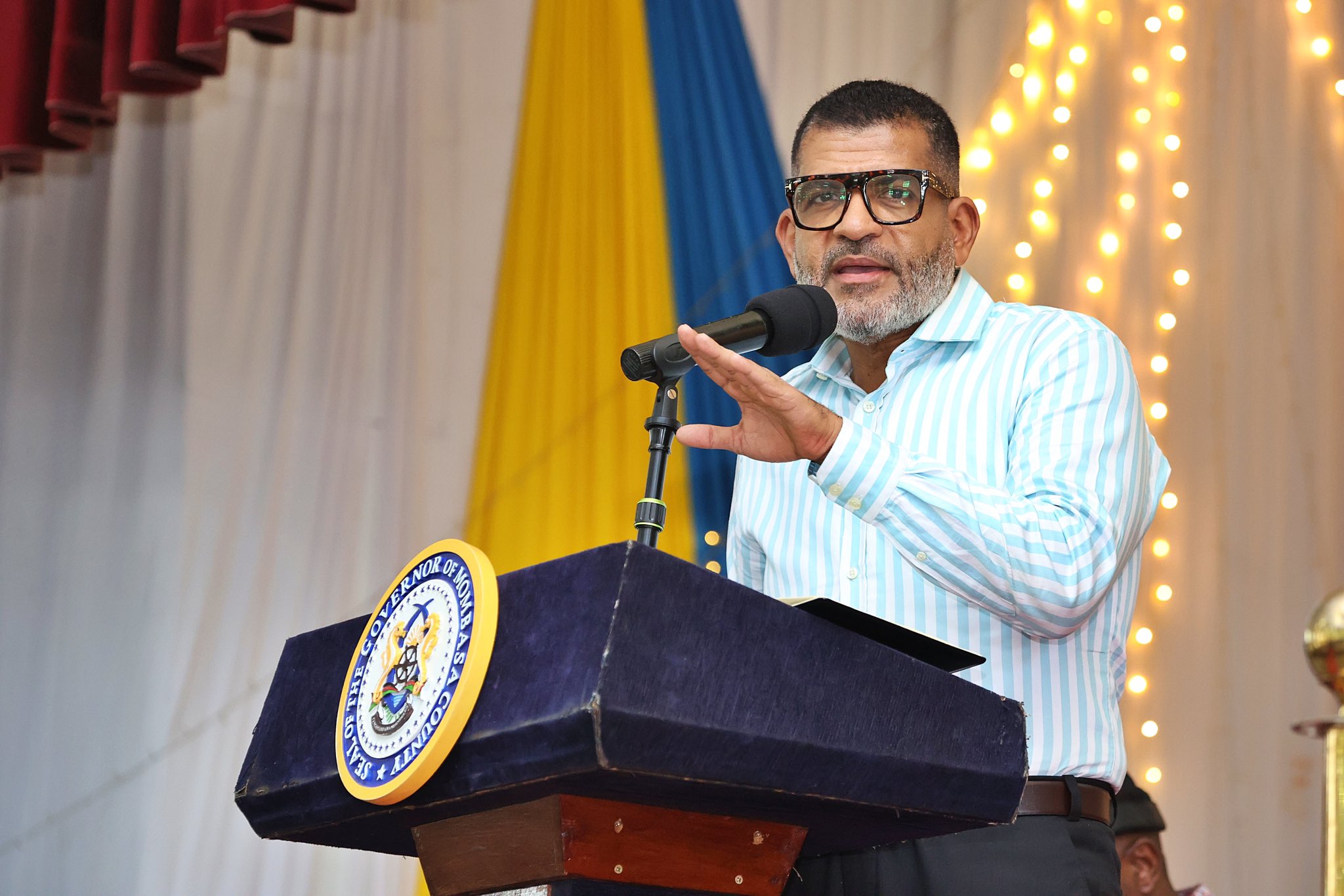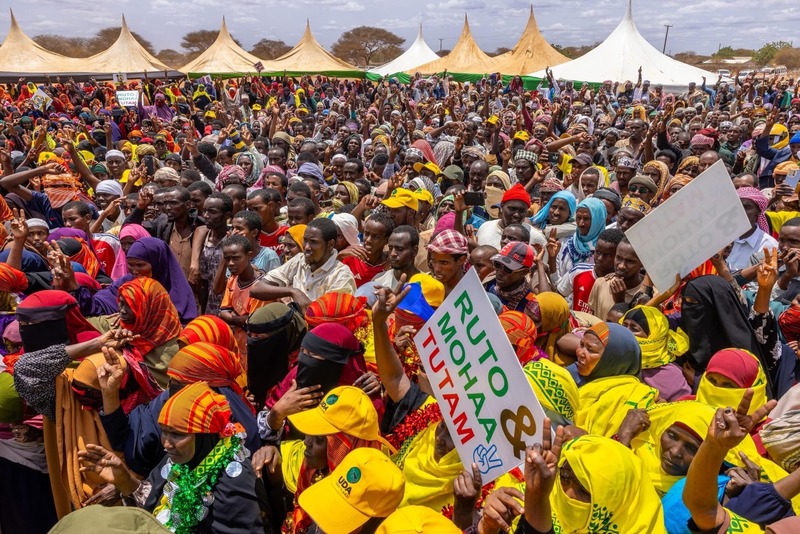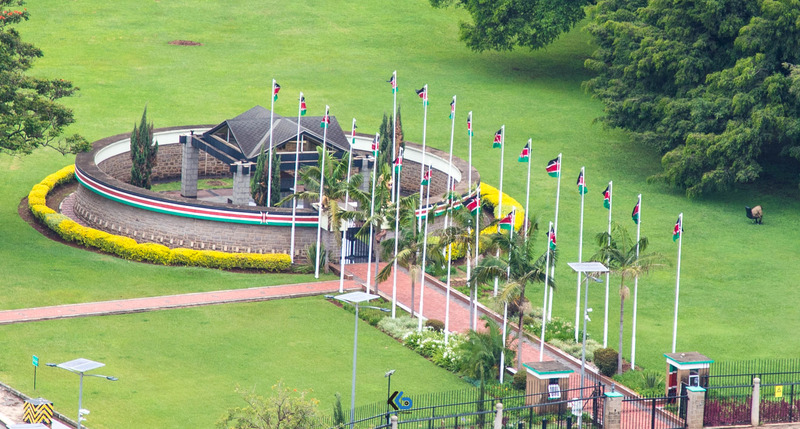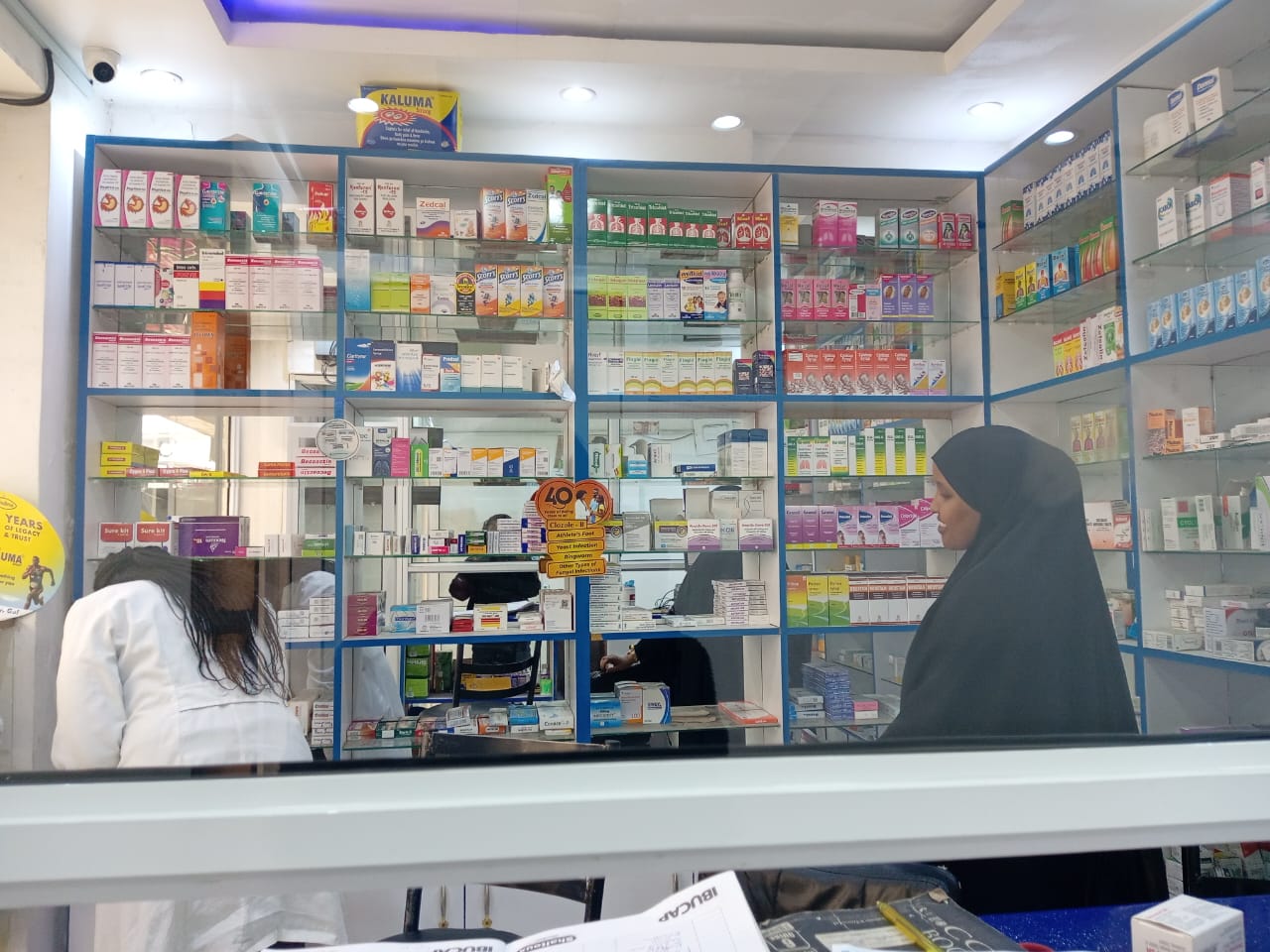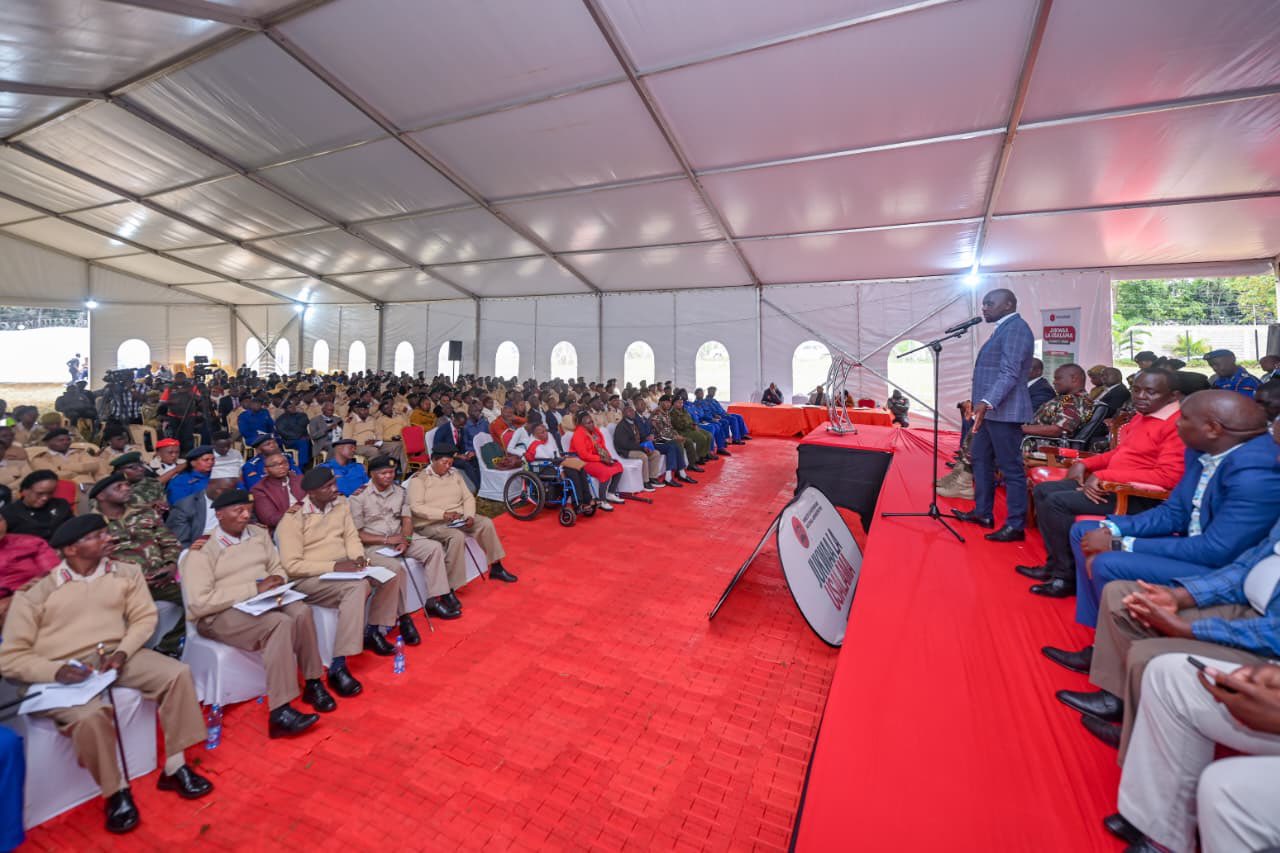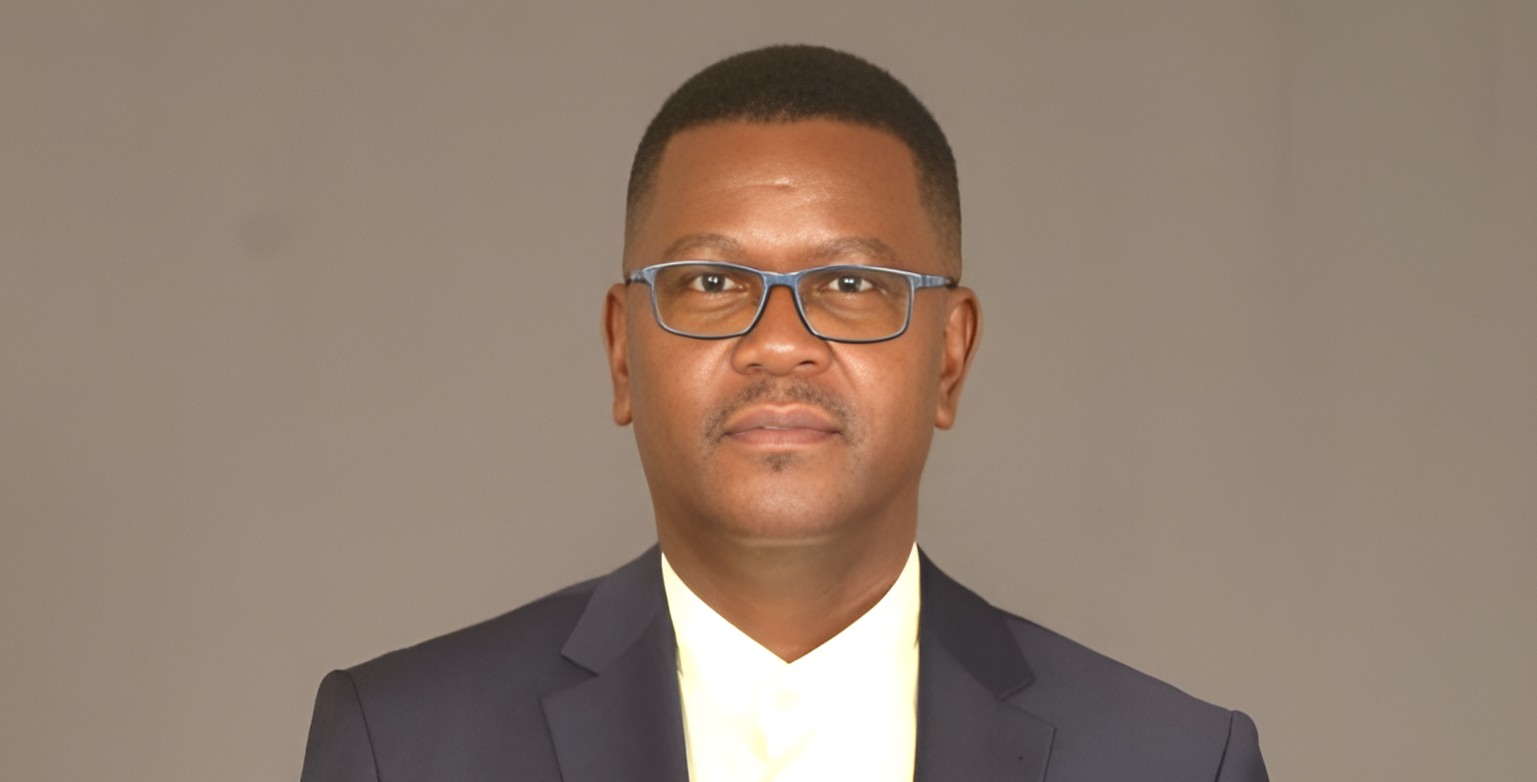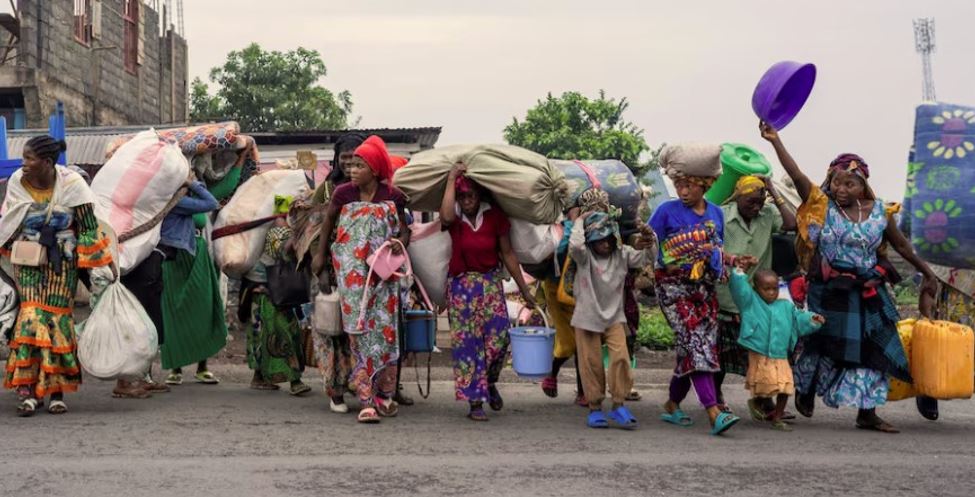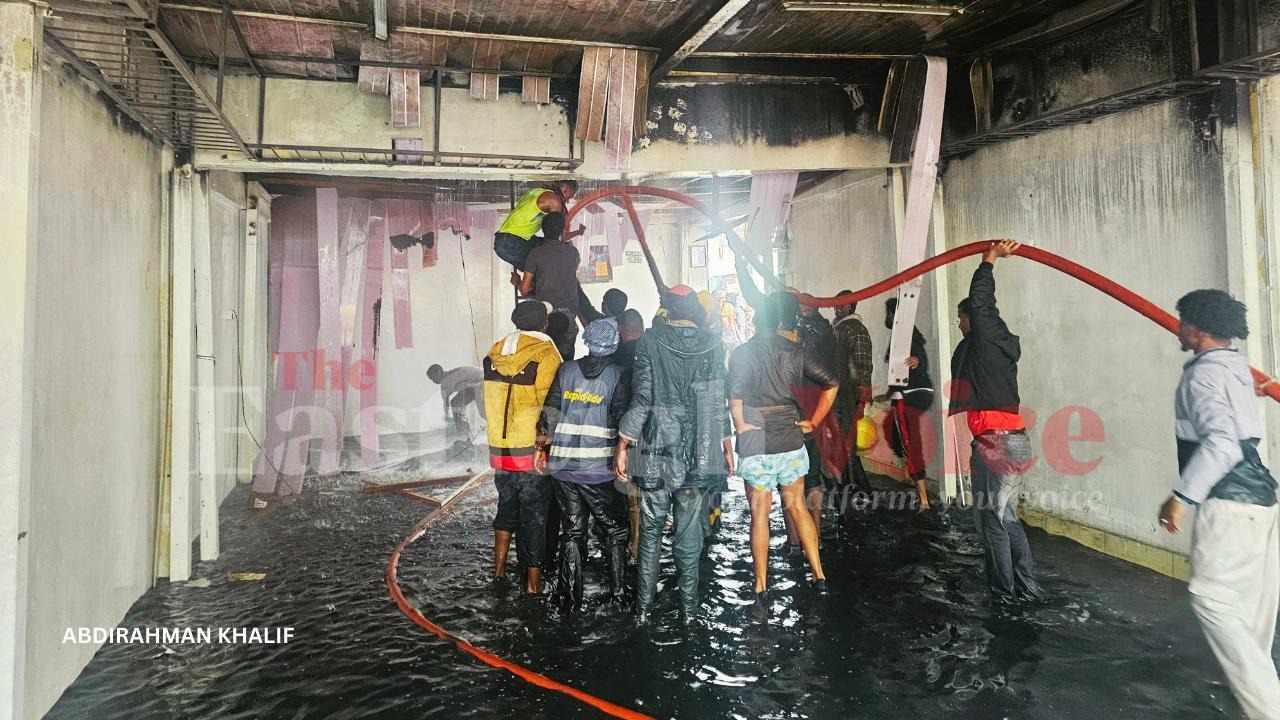Aid workers accuse NGOs of 'whitewashing' Israel's Gaza war

Several international NGOs have limited their language and advocacy on the topic of Gaza, a DW investigation found. They fear that Israel might otherwise refuse them permits to operate in the Palestinian territories.
For months, the aid worker felt a pervasive "sense of rage": Until the first half of 2025, she had worked in Jerusalem doing advocacy on the occupied Palestinian territories for a large aid organisation with its headquarters in the United States.
During that time, she would routinely have to fight for weeks on end to get a single statement published. Leadership, she told DW, would insist on watering down the language, deeming words such as "occupation," "blockade", and "accountability" too problematic. She felt, she said, choosing her words carefully, "that I was part of whitewashing the situation in Gaza" - that she had essentially been "asked to lie."
More To Read
- UN declares famine in Gaza as over half a million people face starvation
- Hunger in Gaza: Women and children face death in search of food
- Classified Israeli intelligence data shows 83 per cent of Gaza war dead were civilians
- ‘There’s no such thing as someone else’s children’ – Omar El Akkad bears witness to Gaza destruction, West’s quiet assent
- Antonio Guterres renews ceasefire appeal as Israel intensifies assault on Gaza
- How can Western countries back up Palestine recognition with action? Here are 4 ways to pressure Israel
"The only way that we could describe what was happening in Gaza was through extremely watered-down language that would minimise Israel's role," she said.
Even now, months after she left her role and the region, she said, she is resolved to never again work in the humanitarian sector.
Over the course of several months, DW's investigative unit spoke with 19 sources from a dozen international organisations that provide humanitarian assistance to Palestinians. Oscillating between anger and despair, all but one of the aid workers DW interviewed asked to remain anonymous, fearing for their jobs.
DW reviewed internal emails, messages and guidelines, and corroborated the workers' accounts by analysing the organisations' websites, explainer pages, and more than 100 public statements published before and after Israel implemented a new process for registering NGOs in March.
DW found that in recent months, several organisations had, to varying degrees, restricted their language in public communications on the war Israel launched in Gaza following the Hamas-led attacks that killed nearly 1,200 people on October 7, 2023.
 Palestinians at a food distribution point. More than 60,000 Palestinians have been killed since Israel launched its military offensive in Gaza in October 2023. (Photo: Dawoud Abu Alkas/Reuters)
Palestinians at a food distribution point. More than 60,000 Palestinians have been killed since Israel launched its military offensive in Gaza in October 2023. (Photo: Dawoud Abu Alkas/Reuters)
Some prominent aid groups have withheld forceful criticism, even as Israel's war in Gaza has killed more than 62,000 people, including 19,000 children, and led to widespread displacement and famine. In at least one case, the guidelines even included words that were permitted in private meetings with donors or politicians.
Some NGOs refrained from signing on to joint statements with other aid organisations if they included terms such as those above or others deemed too sensitive by their leadership.
The conflict over the Palestinian territories has always been fraught for international organisations. But red lines on communications introduced in recent months are particularly restrictive, DW found.
The reason seems to be a new registration process approved by the Israeli authorities in late 2024. Organisations were told that they would all have to reregister by early September 2025 if they wanted to continue operating in Gaza and the West Bank.
That had an almost immediate "chilling effect" on the entire sector, a former aid worker told DW.
Israel introduces NGO registrations
Organisations now must provide the Israeli authorities with sensitive data such as the personal information of their entire Palestinian staff, including workers on the ground in Gaza. Many NGOs strongly oppose this requirement, as they fear that it might put their staff in the Palestinian territories at further risk.
The regulations allow officials to deny permits to organisations that support legal proceedings against Israeli soldiers before international courts or employ individuals who — within the past seven years — have voiced support for a boycott of Israel.
Aid workers DW spoke with said stipulations were intentionally broad to give the authorities leeway to force out and silence any unwanted international actors.
In mid-August, 100 international organisations condemned the registration process, saying it aimed to block impartial aid, silence advocacy, and censor humanitarian reporting. NGOs had no guarantees; the organisations charged that "handing over such information would not put staff at further risk or be used to advance the government of Israel's stated military and political aims."
DW has learned that, behind the scenes, aid organisations have tried to negotiate a partial registration process in the hopes that they would not have to provide the details of their Palestinian staff in Gaza.
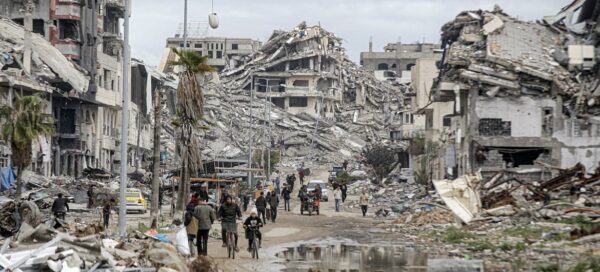 A scene of devastation in northern Gaza. (Photo: UN)
A scene of devastation in northern Gaza. (Photo: UN)
"It sets a dangerous precedent," said Shaina Low, who works as the communication adviser for Palestine at the Norwegian Refugee Council, one of the few organisations that has remained outspoken on Gaza. Low, the only humanitarian worker who was willing to comment on the record for this article, spoke with DW at her residence in Amman, Jordan.
The entire registration process lacks transparency, Low said.
Confronted with the organisations' concerns, the Israeli Ministry for Diaspora Affairs and Combating Antisemitism, which oversees the registration process, told DW in a written statement that the government "supports genuine humanitarian activity, but will not allow hostile actors to operate under a humanitarian guise." The statement said Israel would "like any sovereign state, defend its sovereignty and its citizens, ensuring that humanitarianism is not exploited as a cover for subversion."
'Low visibility' following announcement
The humanitarian sector reacted to the regulations immediately, an aid worker told DW. She said her NGO's leadership declared that the organisation was "going low visibility." That meant: "no more references to the International Criminal Court, no more references to the International Court of Justice, barely even references to international humanitarian law anymore."
Words and terms banned in public messaging vary for each organisation. Two large international organisations that are particularly cautious about their language are Action Against Hunger (ACF) and the US-based International Rescue Committee (IRC), DW found.
DW analysed the organisations' public messaging on Gaza and the West Bank and reviewed statements issued from October 2023 through July 2025. Both organisations have specific words that no longer appear in their public communications.
In October 2023, the IRC warned that the population in Gaza was under "siege." The organisation used similar wording in further statements. The situation on the ground has not improved, but the IRC has not used the term since December 2024.
Another example is calling out violations of international humanitarian law, or the set of principles and rules for participants in armed conflicts.
In October 2023, ACF published a statement condemning "the deliberate and disproportionate targeting of civilians as both unacceptable and a violation of International Humanitarian Law" following the escalating violence in Israel and Gaza.
The organisation continued calling out violations of international humanitarian law in subsequent statements. After the announcement of the new registration policy, however, ACF no longer named specific acts as violations of international humanitarian law.
Confronted with DW's findings, ACF told DW in a written statement that "the most important thing is to ensure continuity of operations, access to vulnerable populations, and dedication to humanitarian principles. Action Against Hunger continues to call for an immediate and permanent ceasefire, respect for international humanitarian law, unimpeded humanitarian access, the release of hostages and the protection of civilians and humanitarian workers."
The IRC did not respond to DW's request for comment before publication.
Organisations tone down language
DW saw internal messages in which the leadership of a prominent international organisation explicitly referred to the new registration process as the main reason for toning down language or not signing on to joint statements.
One aid worker showed DW internal documents, including drafts of statements and messages in which he had been asked to remove a quote from a Gazan colleague that was deemed "too emotional."
"Every time they come up with a new excuse: 'This one is unable to be verified,' 'this one might put our registration at risk,'" he said. The man, whose living room was adorned with a huge Palestinian flag and who had family members trying to survive in Gaza, struggled with what he was being asked to do.
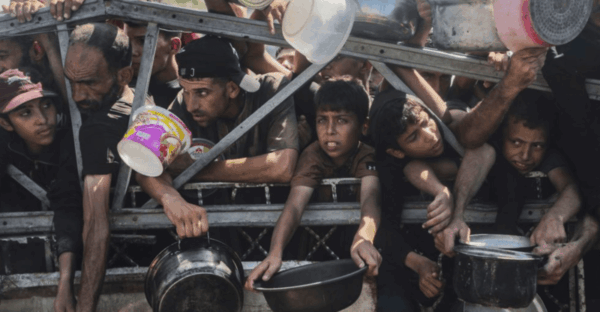 Children trying to get food from aid distribution centres in Gaza. (Photo: UNICEF)
Children trying to get food from aid distribution centres in Gaza. (Photo: UNICEF)
Another source said senior leadership repeatedly communicated in meetings that maintaining operations was paramount. "To which I would always respond: What operations?" she said.
Aid organisations have faced mounting challenges to operate in Gaza and the West Bank since the beginning of the war. They have struggled to get humanitarian visas renewed, and staff on the ground have been injured and killed in Israeli military operations. Israel has restricted the flow of aid into Gaza, at times cutting it off entirely. In May of this year, it introduced an aid distribution program that excludes established humanitarian organisations.
Though only a trickle of aid from international organisations is allowed to enter Gaza, the US-based Gaza Humanitarian Foundation, established in February, has taken over aid delivery. The GHF runs only four distribution points - forcing Palestinians to trek for hours to access food.
According to the United Nations, more than 1,300 Palestinians were killed by Israeli forces and security contractors while seeking food from May through late July, including 859 in the vicinity of GHF sites. Many more have been injured.
Over the phone from Gaza, a doctor who described hunger in the territory as all-pervasive told DW that GHF's distribution centres were "a place of death."
In a written statement, GHF told DW that "these accusations are false and exaggerated and come directly from the Hamas-controlled Gaza Health Ministry, which sadly continues to be repeated by the media without verification."
Advocacy a 'liability'
Faced with the GHF's near monopoly on aid distribution and Israel's new registration process for NGOs, aid workers said they were forced to make an agonising decision: speak out and risk being denied a permit to help people in need — or restrict their language and hope to eventually be able to deliver aid to Palestinians. In many cases, DW's investigation found, the leadership of NGOs is opting for the latter.
"You have two choices, and both choices are the wrong choices," an aid worker said.
Advocacy, another said, "is our biggest liability".
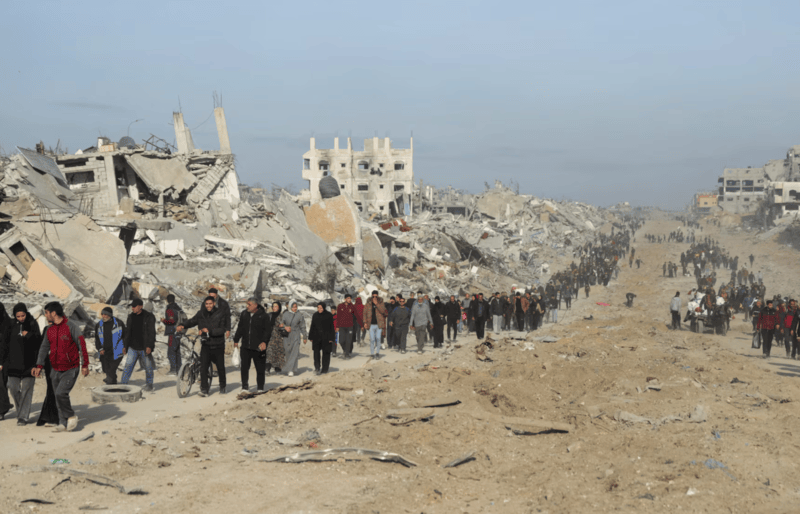 Displaced Palestinians make their way past rubble as they attempt to return to their homes in the northern Gaza Strip, January 19. (Photo: Reuters/Khalil Ramzi)
Displaced Palestinians make their way past rubble as they attempt to return to their homes in the northern Gaza Strip, January 19. (Photo: Reuters/Khalil Ramzi)
Several aid workers DW spoke with said refraining from speaking out did not guarantee that they would be able to deliver assistance to Palestinians in need.
"We haven't seen that being quiet, keeping your head down, is going to allow you more access and allow you to do your work," said Low, from the NRC.
With the international press barred from entering Gaza and NGOs further restricted, aid workers fear that Israel is aiming to push out the last international and independent observers on the ground.
One worker predicted that, someday, "people are going to wish that they said more, and they're going to wish that they said more sooner."
Is it not, she asked, her job to do everything she can "to stop something as horrific as this?"
With organisations self-censoring as the war continues, the efforts and experiences of aid workers often seem to conflict with the political priorities of the NGOs that employ them — to the detriment of the civilians in Gaza. "If we can't talk about what survival looks like for people in Gaza," she said, "then we're painting a completely different reality."
Top Stories Today

